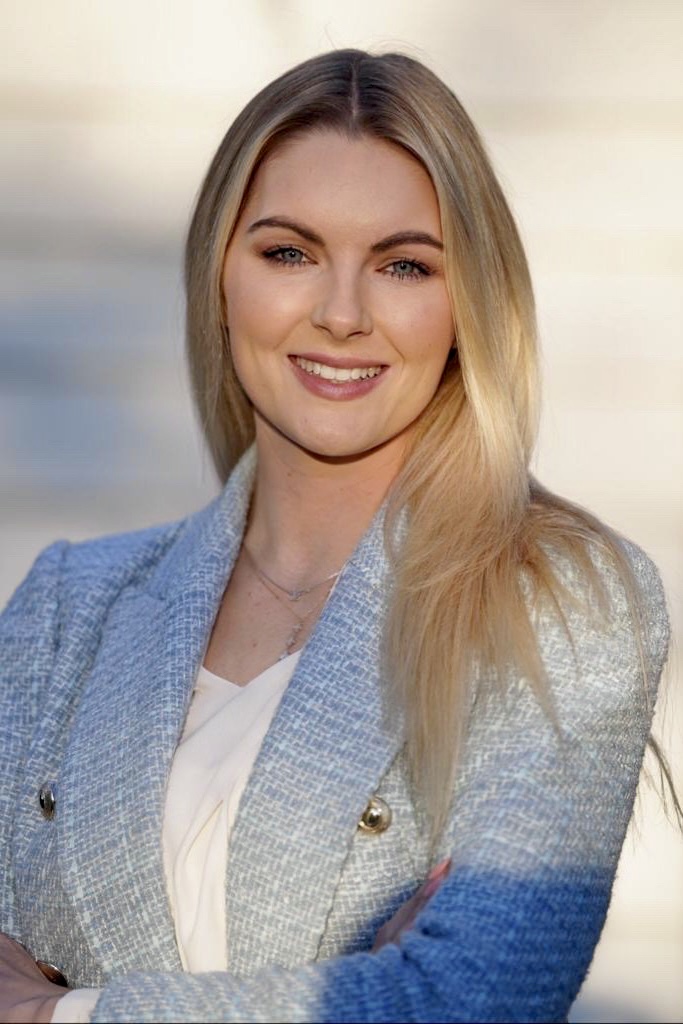Following the second debate of the Litigation Funding Agreements (Enforceability) Bill in the House of Lords, the bill was moved forward to the committee stage for members to propose amendments and undertake a line by line examination. As LFJ reported yesterday, three amendments were proposed in advance of the committee debate, with two being put forward by Lord Stewart of Direlton, the Advocate-General of Scotland, and one by Lord Marks of Henley-on-Thames.
LFJ has read through the full transcript of the committee stage debate and has provided a summary, highlighting key takeaways from the contributions made by each of the members of the House.
Yesterday’s debate was opened by Lord Stewart, who began by responding to issues raised by other members during the second reading of the bill. With regards to the retrospective nature of the bill, Lord Stewart acknowledged the potential issues that this could raise for claimants who negotiated new funding arrangements post-PACCAR, and told the House that “the Government are looking into the questions raised and hope to provide a further update on Report.”
Lord Stewart then went on to introduce the two amendments on behalf of the government, starting with Amendment 1 which was described as a “technical amendment” and was designed to close a small gap in the definition of litigation funding agreements (LFAs). He explained that the amendment would ensure that an LFA “which is used to fund items of expenditure where the litigant is unrepresented” will be rendered enforceable by the new legislation. He stated that this amendment “reflects the policy object of the Bill”, and would avoid any LFAs being missed in the government’s efforts to reverse the impact of the PACCAR ruling.
Amendment 2 was also described as another technical change, which Lord Stewart said would “make it clear that the payment of adverse costs the litigant may be required to pay to another party, which would be funded under an LFA, includes the payment of costs following court, tribunal or arbitration proceedings, or as part of a settlement.”
Following on from Lord Stewart’s introduction of the government’s amendments, Lord Marks began by covering the arguments in favour of the introduction of regulation for the litigation funding market. Among these arguments, the most prominent point raised by Lord Marks was the idea that “in an unregulated market, litigation funders can effectively impose their terms on clients”, thereby reducing the amount of compensation that claimants may receive from any settlement. He also pointed to the question posed by others that, “if regulation of DBAs is appropriate for lawyers, why is it not for litigation funders?”
Lord Marks then continued on to address the issue of “retrospectivity” in the bill, noting that concerns had been raised that the retrospective nature of the bill and that any legislation attempting to include such a measure, must demonstrate “special justification”. Lord Marks said that he had concluded that in order to avoid “confusion and uncertainty”, this was one such situation that demonstrated special justification because it would ensure that “in the case of LFAs between the PACCAR decision and the commencement of this Bill, such LFAs should be in the same position as LFAs entered into in the interregnum or in the interim period.”
Moving on to his own probing amendment, which called for a review into third-party funding and laid out the scope of the proposed review’s focus, Lord Marks acknowledged that “it has been comprehensively and well answered” both by letters from the Secretary of State and Lord Stewart, and by the publishing of the terms of reference for the Civil Justice Council (CJC) review. He went on to say that he was “pleased to see that the Government realise that this is urgent and that the whole question of looking at the field of litigation funding is both important and urgent.”
Speaking briefly about the CJC’s planned review, Lord Marks expressed that he was pleased to see the breadth of the review’s remit, including the issue of “whether there should be regulation and how, if there is to be regulation , it should be framed.” Among the other important issues that the review will be exploring, Lord Marks highlighted areas including the idea of a cap on funder’s returns, the recoverability of funder’s costs, and the potential conflicts of interest between funders, law firms and their clients.
Lord Marks closed his contribution by voicing his support for both of the government’s amendments.
Lord Carlile of Berriew was the next member of the House to speak, addressing the questions previously raised around the bill’s potential to violate the Human Rights Act and whether the retrospective quality of the bill. Lord Carlile spoke succinctly in saying that the arguments about the Human Rights Act were “not strong, and the Government are perfectly entitled to act as they are in that regard.” Furthermore, he went on to say that this legislation “would be absolutely pointless if it were not retrospective”, arguing that the purpose of the bill was to “right a wrong that nobody expected, and it is simply restoring to people the legal rights which they already had.”
Lord Carlile also took time to briefly endorse the CJC review and its terms of reference, going on to praise the choice of the CJC as the reviewing body. He explained that he would not be “an enthusiast for an independent reviewer in this situation”, and that the CJC would have the ability to be flexible whilst also retaining the ability to “change the law in small ways to ensure that appropriate procedures are followed.”
Baroness Bennett of Manor Castle followed Lord Carlile but rose to voice opposition to the current approach to this legislation and said that it “is still not an adequate solution to the problems at hand.” She argued that the government is actually facing “a structural problem”, arguing that the current legal system demonstrates a “huge inequality of arms”. She concluded by saying that under this existing system, which the bill does not attempt to deal with, “there is far too much justice denied to individuals in our society when they are crushed by the weight of corporations or the state.”
Lord Sandhurst joined Lord Carlile in supporting the government’s amendments, arguing in favour of the retrospective nature of the bill whilst this opens up the possibility of “a spate of future litigation of the wrong satellite nature”, the government cannot afford to allow the current situation to continue. Considering the issue of a challenge by the ECHR, Lord Sandhurst argued that when crafting this type of legislation, “There may be no perfect answer, but this is the right route—or the least bad.”
Lord Thomas of Cwmgiedd spoke briefly in support of the bill and the CJC review, noting that the reviewer will be able to draw upon the lessons learned during Australia’s review of litigation funding regulations and the research completed by the European Law Institute. He argued that the example of Australia may demonstrate that the best strategy is not “the creation of yet another regulatory body” but instead giving the courts “the powers and guidance necessary to deal with the issues.”
Lord Ponsonby of Shulbrede was the final peer to join the debate and took the time to address the real world use cases for litigation funding, highlighting its value to small and medium-sized companies to manage their cashflow whilst pursuing meritorious litigation. He argued that the use of LFAs is an ideal “way of managing risk”, and that the UK should not fall behind other jurisdictions such as Singapore, Australia, and Dubai, which would happily take up this share of the global litigation funding market.
Lord Stewart returned to the floor to close out the debate, taking the time to address issues and concerns raised by each of the members and reiterate the objectives of the government’s bill. Of primary importance procedurally, Lord Stewart focused on Lord Marks’ amendment requiring a review of the third-party funding sector, stating that in the face of the CJC review “his amendment is not necessary and will duplicate efforts.” Therefore, he requested that Lord Marks not press the amendment at this stage.
At the close of the debate, both of the government’s amendments were agreed and as Lord Marks had decided not to press his amendment, the debate was ended. The amended version of the bill can be read here.
The bill now moves to the report stage, which provides an opportunity for members of the Lords to further examine the bill and propose any additional amendments to the text.
The full transcript of the committee stage debate can be read here.




















